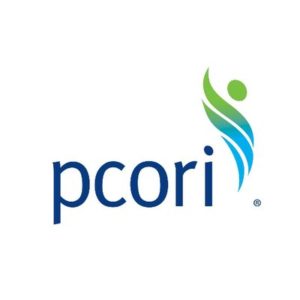Kaiser Permanente's report in NEJM AI details insights from a large-scale rollout of ambient AI clinical documentation technology.

Research to Focus on Family Risk of Cancer
Kaiser Permanente Receives $7 Million to Better Identify Those at Risk of Getting Cancer
A research team at the Kaiser Permanente Northern California Division of Research has been approved for a $7 million funding award from the Patient-Centered Outcomes Research Institute (PCORI). The project, to be led by Douglas A. Corley, MD, PhD, of the Division of Research, is titled, “System-Level Capture of Family History Data to Assess Risk of Cancer and Provide Longitudinal Care Coordination.”
 It will allow the researchers to assess three different methods for acquiring and acting on family history, from initial acquisition to final results, such as screening tests completed.
It will allow the researchers to assess three different methods for acquiring and acting on family history, from initial acquisition to final results, such as screening tests completed.
Corley emphasized the importance of this area of research: “Knowing family history is crucial for knowing how to best care for patients. Should someone receive earlier cancer screening or other tests? Currently, we don’t have a way of consistently getting this information from large populations.”
About one in 10 people in the United States develops cancer due to a hereditary condition. And while family history is a critical way of understanding that risk, physicians often are not able to adequately collect that information, nor act on it.
“Kaiser Permanente’s genetics group has been working hard at how to implement genetic and family history information into patient care,” said Dr. Corley, who is also medical director of delivery science and applied research for The Permanente Medical Group.
A key question is how to expand efforts to millions of people in a consistent and comprehensive way. This study will help to answer this question.
The Kaiser Permanente study was selected for PCORI funding through a highly competitive review process in which patients, clinicians and other stakeholders joined clinical scientists to evaluate the proposals. Applications were assessed for scientific merit, how well they will engage patients and other stakeholders and their methodological rigor among other criteria.

“This project was selected for PCORI funding not only for its scientific merit and commitment to engaging patients and other stakeholders, but also for its potential to fill an important gap in our health knowledge and give people information to help them weigh the effectiveness of their care options,” said PCORI Executive Director Joe Selby, MD, MPH. “We look forward to following the study’s progress and working with Dr. Corley and Kaiser Permanente to share the results.”
Dr. Corley’s award has been approved pending completion of a business and programmatic review by PCORI staff and issuance of a formal award contract. His co-principal investigators on the project are Carmit McMullen, PhD, from Kaiser Permanente’s Center for Health Research and Ravi Sharaf, MD, MS, a New York gastroenterologist and health-services researcher.
PCORI is an independent, nonprofit organization authorized by Congress in 2010. Its mission is to fund research that will provide patients, their caregivers and clinicians with the evidence-based information needed to make better-informed healthcare decisions. For more information about PCORI’s funding, visit www.pcori.org.
To read full details of the project, visit: https://www.pcori.org/research-results/2018/system-level-capture-family-history-data-assess-risk-cancer-and-provide
This is reprinted from the Kaiser Permanente Division of Research site.


